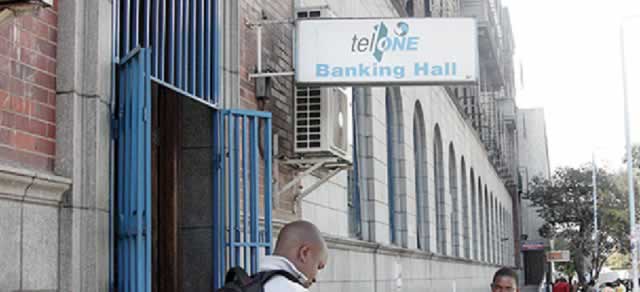TelOne sets aside $10m for Metro WiFi

 Business Reporter
Business Reporter
State-owned telecommunications company, TelOne has set aside $9,5 million for the initial phase of the Metro Wifi Service and Fibre to the Home (FTTH) services expansion programme.
TelOne managing director Chipo Mtasa said fibre is the new way forward and the company will not be extending the fibre project in places where its copper cables are already laid.
Last year, TelOne revamped their standard copper lines to relay reliable internet connectivity via Asymmetric Digital Subscriber Line (ADSL).
“We do have a budget of about $9,5 million and it will target 15,000 households initially and we want to expand fibre. Our thinking is that all areas without our copper infrastructure will be provided with fibre network. We aren’t going to replicate fibre with copper, but we’re going to enhance our connectivity using fibre,” said Mtasa on the sidelines of the 13th edition of the Innovation Africa Digital Summit in Victoria Falls.
She added that in terms of the FTTH (Fibre-To-The-Home), Huawei was instrumental in terms of equipment provision, although most of the technical work was done in-house.
FTTH, also called fibre to the premises, is the installation and use of optic fibre from a central point directly to individual buildings such as residences, apartment buildings and businesses to provide unprecedented high-speed internet access.
On the other hand, the Metro WiFi service is a public service that has so far been introduced in Harare and Victoria Falls, and Mtasa said Bulawayo is their next port of call.
“We will also be going into Bulawayo and then all the other cities in Zimbabwe. And in terms of the WiFi rollout, we’re targeting revenue of around one million in the next eight to 12 months,” she said.
TelOne’s new Metro WiFi facility is expected to result in a substantial reduction in data costs and extension of access to data services, which are key points of discussion at the 13th IAD Summit.
Officially opening the Summit last week, Vice President Emmerson Mnangagwa said low-cost and broad access to internet services by the general public has the potential to drive economic growth.
“Widespread access to affordable broadband services has become a key driver of a country’s competitiveness and economic growth. Developing countries that increase access to high-speed internet than others experience more rapid economic growth,” said VP Mnangagwa.
Information technology experts have predicted that effective broadband development can lead to productivity growth, specifically an increase of 5 percent in manufacturing, 20 percent in information services and 10 percent in services, among other key outcomes.
Zimbabwe is targeting to have a knowledge-based society with ubiquitous connectivity by 2020.










Comments